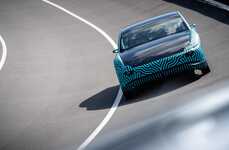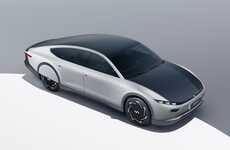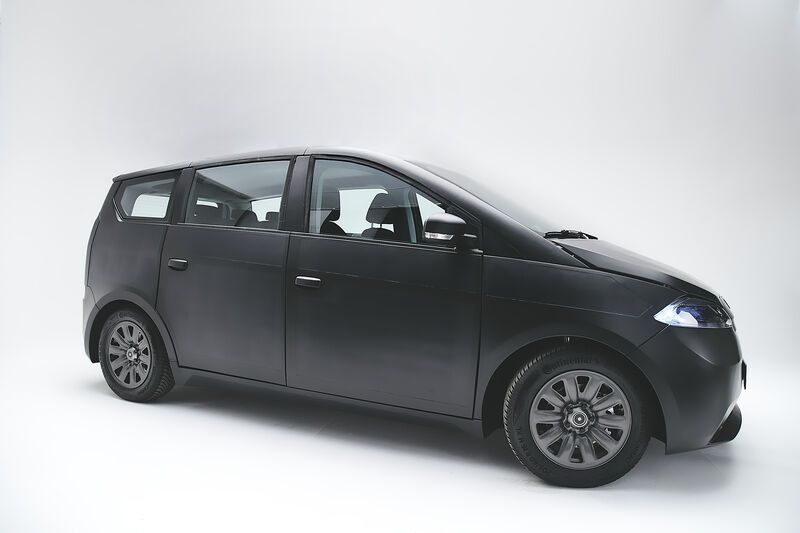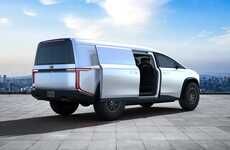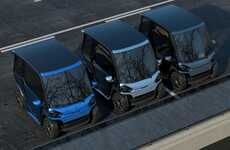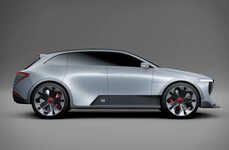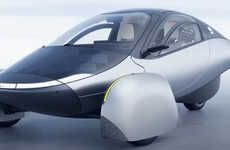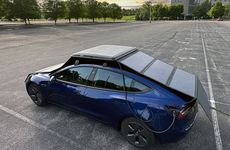
This Second-Generation Electric Vehicle Has 248 Photovoltaic Panels
Rahul Kalvapalle — January 13, 2021 — Autos
References: sonomotors & insideevs
The Sion electric vehicle created plenty of attention when it was first put up for pre-order a few years ago, but the second-generation electric vehicle recently unveiled at CES 2021 has well and truly built on the progress with the inclusion of expanded range via an upgraded battery setup.
The second-generation version of the Sion, created by Germany-based Sono Motors, makes generous use of solar cells that are located all over the exterior of the vehicle, including its doors and the roof, while 248 photovoltaic panels are embedded in the structure of the vehicle. T
As far as performance is concerned, this second-generation electric vehicle is set to offer a top speed in the range of 140 km/h in conjunction with 129 pounds-feet of torque, which goes to show that performance and eco-friendly stature needn't be mutually exclusive when it comes to next-generation electric vehicles.
The second-generation version of the Sion, created by Germany-based Sono Motors, makes generous use of solar cells that are located all over the exterior of the vehicle, including its doors and the roof, while 248 photovoltaic panels are embedded in the structure of the vehicle. T
As far as performance is concerned, this second-generation electric vehicle is set to offer a top speed in the range of 140 km/h in conjunction with 129 pounds-feet of torque, which goes to show that performance and eco-friendly stature needn't be mutually exclusive when it comes to next-generation electric vehicles.
Trend Themes
1. Solar-powered Vehicles - The integration of solar cells as an exterior component of electric vehicles presents a disruption in the automotive industry by providing alternative charging options and reducing greenhouse gas emissions.
2. Expanded Range Via Battery Upgrades - The inclusion of upgraded batteries in electric vehicles presents an opportunity for companies to increase range and address user concerns around charging infrastructure.
3. Performance and Sustainability - Electric vehicles with impressive performance capabilities that maintain an eco-friendly appeal offer a unique value proposition for consumers.
Industry Implications
1. Automotive - The integration of solar cells and battery upgrades opens up opportunities for innovation in electric vehicle manufacturing.
2. Renewable Energy - The use of solar cells in electric vehicles provides a new market for solar energy and energy storage solutions.
3. Sustainability and Environmental Services - Vehicle manufacturers can partner with sustainability-focused organizations to promote the benefits of electric and solar-powered vehicles for widespread adoption.
5.7
Score
Popularity
Activity
Freshness


